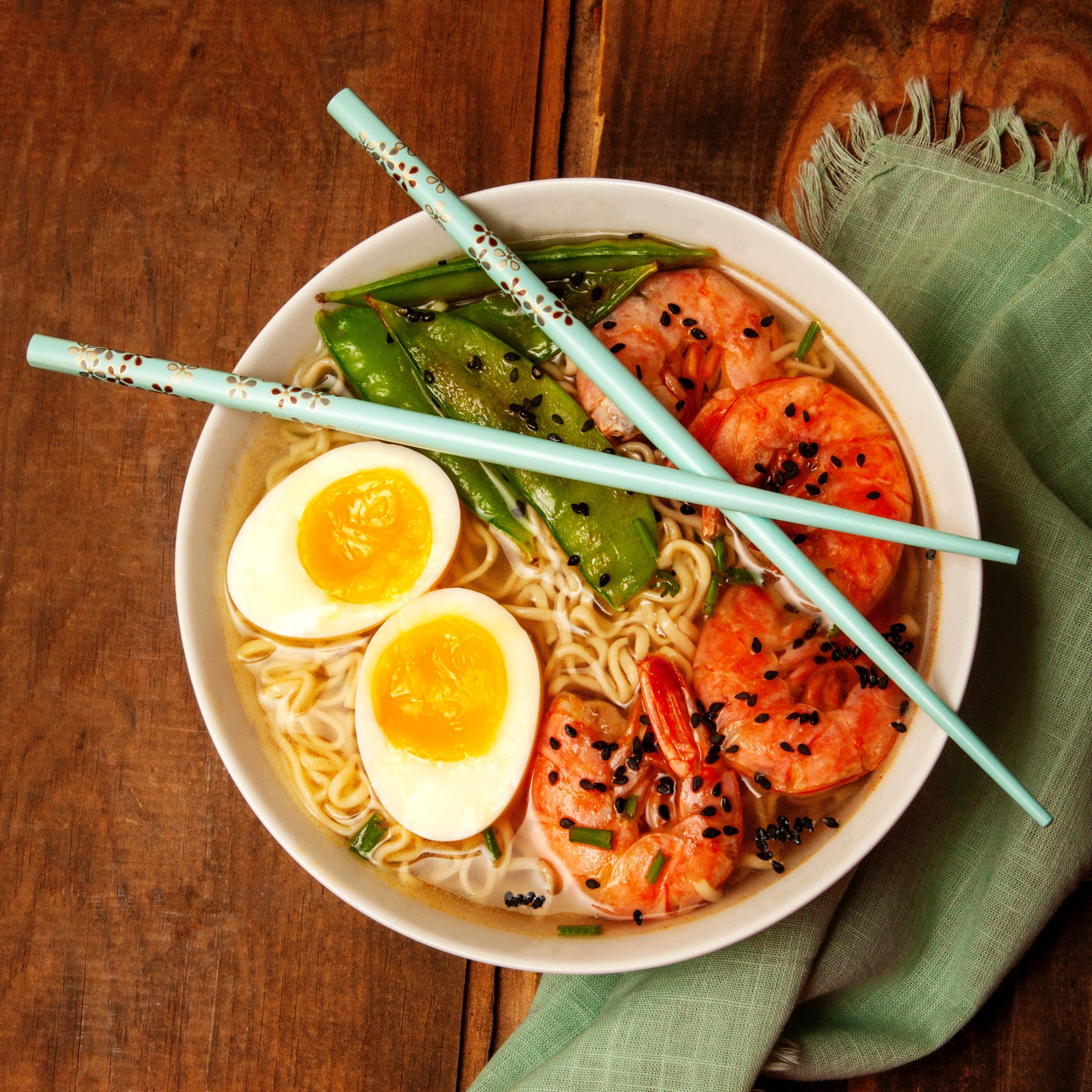Hideo is from Yamagata prefecture on Honshu Island in Japan. Yamagata is a mountainous region known for naturally occurring hot springs and numerous Buddhist temples. The area offers skiing and hiking, similar to Vermont.
Hideo was born in Japan in 1953 as his country was still recovering from its devastating World War II defeat. The United States, with fellow Allies, facilitated occupation and rehabilitation of Japan between 1945 and 1952. General Douglas MacArthur led the effort to promote military, political, economic and social reforms. It’s no wonder that Japan’s Constitution contains many elements from the U.S. Constitution, accented by decidedly Japanese cultural representations (e.g., The Role of the Emperor).
“My parents had to work very hard in Japan after World War II,” Hideo said.
Hideo’s parents and three older brothers strove to help rebuild Japan’s post-war economy. His father was a chef. His older brother was a sushi chef. Hideo spent much time at home with his grandmother, Matsue, while family members were out working. She was his first culinary teacher; she engaged him in helping her prepare family meals.
“My grandmother taught me to cook rice and chop vegetables without cutting my fingers,” Hideo said with a laugh as he remembered lessons learned in the family kitchen.
When Hideo graduated from high school, he entered an apprenticeship to become a chef. His ambition was to become a chef of French cuisine and he trained for this profession. He dreamed of moving to France to perfect his craft and, after several years’ experience in Japan, Hideo asked his chef to tap into his extensive culinary network. An opportunity did open up, but not in France.
At age twenty-two, Hideo found himself cooking at the Japanese Embassy in Sofia, Bulgaria. It was 1975, the U.S.S.R. exerted considerable social, political and cultural influence over its satellite nations of Bulgaria, Poland, Hungary, Romania, (then) Czechoslovakia and (then) East Germany.
“I experienced a different culture, living in a communist country,” Hideo said.
When the Japanese ambassador completed his tour of duty in Bulgaria, Hideo returned to work in Japan and, after some time, asked his chef, again, if there might be an opportunity for him to hone his cooking skills in France. Alas, France was not an option BUT there was a job in the United States.
Hideo arrived at the famed Benihana Japanese Restaurant in Boston. He was twenty-five years old; he carried one suitcase, one backpack and his prized Chef’s Knife. The young chef plied his craft preparing Japanese cuisine in a kitchen where Japanese was spoken, negating the immediate need to speak English. Hideo understood and could read English. He studied for and passed the U.S. Citizenship Test.
Now that he is retired, Hideo is studying with VAL ELL teacher Leigh Smith to improve his ability to speak English.
“I like the freedom in my studies at VAL,” Hideo said. “No one pushes me.”
But his teacher disagrees with a smile. “Hideo pushes himself,” Leigh said, “to astonishing levels. He has overcome a reticence to study online, and has stretched himself to meet new challenges in reading, writing, and OLC (Online Learning Center) discussions. I have rarely seen a student engage in learning so eagerly, yet with humility, while also encouraging his classmates.”
Learning conversational English at his own pace seems like a good use of time in retirement. One does wonder: Does Hideo cook French cuisine at home?!


